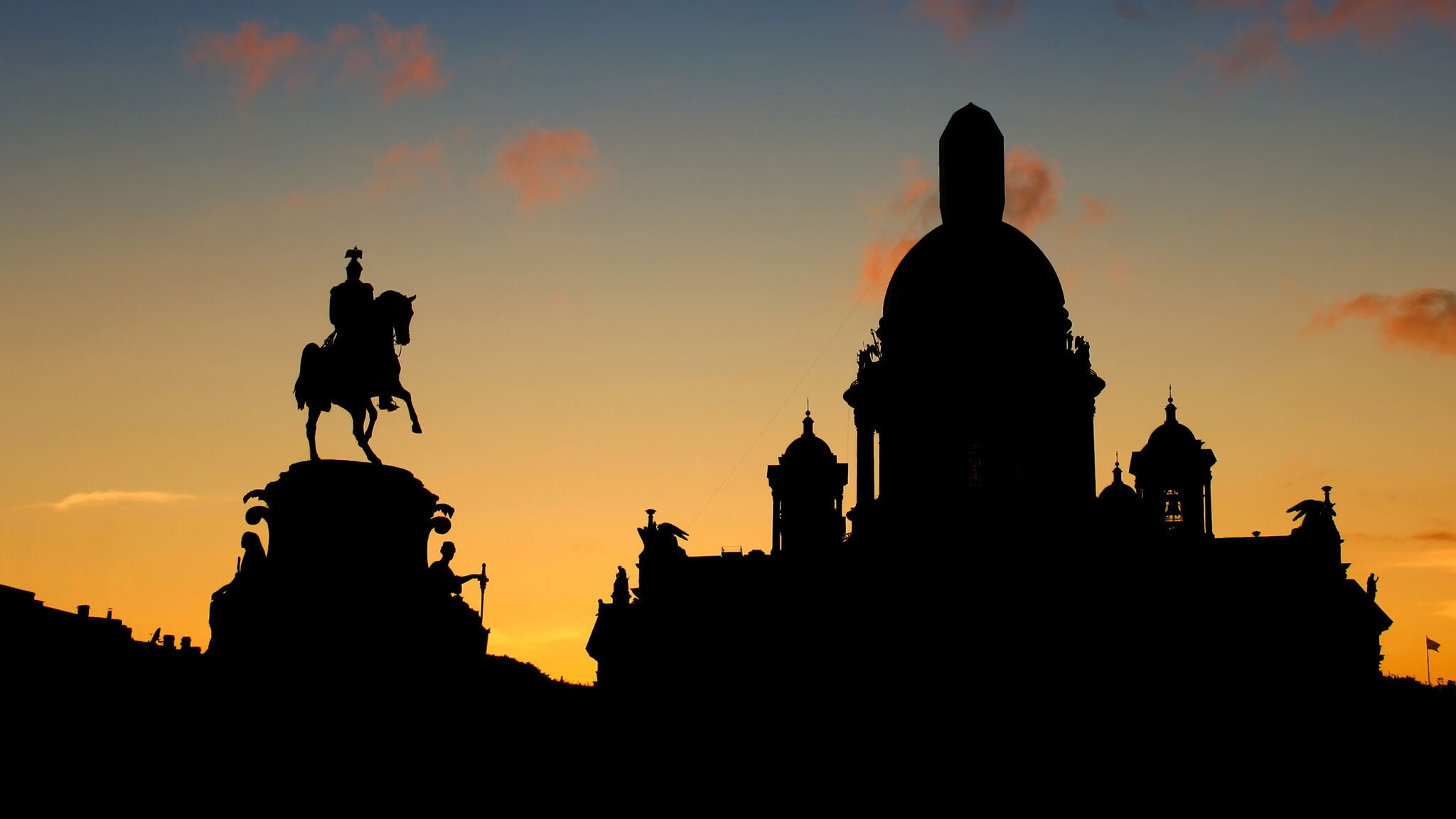
Return of the Czar
This November marks the 100-year anniversary of the Bolshevik Revolution. Now that a century has passed since the Russians deposed Czar Nicolas ii and instituted a Communist dictatorship, many of them are actually looking back on that czarist past with nostalgia. According to a survey conducted by the All-Russian Center for Studying Public Opinion, approximately 28 percent of Russians are in favor of restoring the monarchy.
“Russians are monarchists in their soul, even though the Soviets tried to destroy our soul,” said Mikhail Ustinov, a self-proclaimed spokesman for the Moscow monarchist community.
Longing for a czar is strongest among those from the millennial generation. One in three Russians between 18 and 34 years old are in favor of a revived Russian monarchy.
“Democracy doesn’t suit Russians; our mentality needs authoritarian and centralized power,” said a history teacher from Nizhny Novgorod. “A constitutional monarchy allows us to consolidate our traditional values to give strength to the people, who are struggling today.”
While some Russian monarchists are hoping for a restoration of the Romanov dynasty, others would be perfectly fine with Russian President Vladimir Putin declaring himself czar. Last January, Eastern Orthodox Archpriest Vsevolod Chaplin suggested that Russia should reinstate its monarchy by appointing Putin as royal emperor.
“We are a country with monarchic mentality,” said Chaplin. “It doesn’t matter that we don’t now have formal monarchy; I think we can remake it with Putin on top.”
While Putin has stated that he has no current plans to restore Russia’s monarchy, he has amassed so much power to himself that both liberal reformers and conservative traditionalists are likening him to a 21st-century czar. Over the past 17 years, Putin has combined Joseph Stalin’s unitary state model with imperial policies from Russia’s czarist era. Like the Byzantine emperors and Russian czars of old, Putin has used the Russian Orthodox Church as a de facto state religion to unify his empire.
Whether Putin eventually declares himself a czar or not is irrelevant. Russia’s post-Soviet efforts to remake Moscow into a representative democracy have failed. Russia has become an autocratic state. As shocking as this regression into authoritarianism may seem, it was foretold. A prophecy in Ezekiel 38 gives some of these important details about an end-time prince from the land of Rosh—an ancient name for Russia.
For a full explanation of these astounding prophecies, request editor in chief Gerald Flurry’s short booklet The Prophesied ‘Prince of Russia.’
